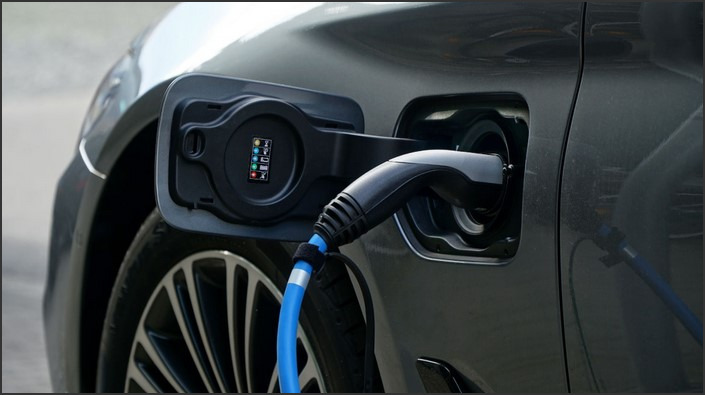
The Cost of Going Green: How Much Does an Electric Car Battery Really Cost? is an in-depth exploration of the financial implications of transitioning to electric vehicles. This topic delves into the actual costs associated with electric car batteries, including initial purchase, maintenance, and replacement. It also examines the economic impact of this shift towards sustainable transportation, considering factors such as government incentives, energy costs, and the long-term savings potential. The discussion aims to provide a comprehensive understanding of the true cost of electric car batteries, shedding light on the economic aspect of the global push towards greener transportation solutions.
Unveiling the Price Tag: How Much Does an Electric Car Battery Really Cost?
The transition to green energy is a global imperative, and electric vehicles (EVs) are at the forefront of this revolution. However, one of the most significant concerns for potential EV owners is the cost of the electric car battery. This article aims to unveil the price tag associated with electric car batteries and provide a comprehensive understanding of the costs involved.
Electric vehicles are powered by large battery packs, typically lithium-ion batteries, which are more expensive than traditional lead-acid batteries used in gasoline-powered cars. The cost of these batteries is determined by several factors, including the size of the battery, the type of materials used, and the technology involved in its production.
The price of an electric car battery can range from $5,000 to $15,000, depending on the make and model of the vehicle. For instance, a Tesla Model S battery pack costs around $12,000, while a Nissan Leaf battery pack is priced at approximately $5,500. However, these prices are not static and have been decreasing over the years due to advancements in technology and economies of scale.
In 2010, the cost of an electric vehicle battery was around $1,000 per kilowatt-hour (kWh). Fast forward to today, and the price has dropped to around $150 per kWh, representing an 85% decrease in cost. This trend is expected to continue, with some industry experts predicting that the cost could fall to $100 per kWh by 2023, making electric vehicles more affordable for the average consumer.
While the upfront cost of an electric car battery may seem high, it’s essential to consider the total cost of ownership. Electric vehicles have fewer moving parts than conventional cars, resulting in lower maintenance costs. Additionally, the cost of electricity is generally lower than gasoline, leading to significant savings in fuel costs over the life of the vehicle.
Furthermore, many electric car manufacturers offer warranties on their batteries. For example, Tesla provides an eight-year or 120,000-mile warranty for its Model S and Model X vehicles, and a 100,000-mile warranty for its Model 3. This means that if the battery fails during the warranty period, it will be replaced at no cost to the owner.
However, it’s worth noting that while the battery may last the lifetime of the vehicle, its capacity will degrade over time. This means that the range of the vehicle – the distance it can travel on a single charge – will decrease. The rate of degradation varies depending on several factors, including the frequency of charging, the climate, and the driving style.
In conclusion, while the cost of an electric car battery can be substantial, it is decreasing and is offset by lower maintenance and fuel costs. Moreover, the long-term environmental benefits of driving an electric vehicle far outweigh the initial investment. As technology continues to advance and economies of scale are realized, electric vehicles are set to become an increasingly affordable and sustainable transportation option.The cost of an electric car battery is significant, often ranging from $5,000 to $15,000, depending on the make and model of the vehicle. However, the overall cost can be offset by the long-term savings from reduced fuel expenses and lower maintenance costs associated with electric vehicles. Therefore, while the initial investment may be high, the long-term financial benefits make electric cars a cost-effective choice for many consumers.
